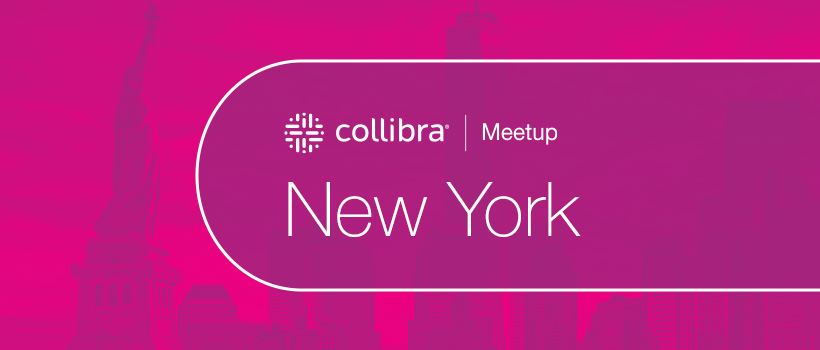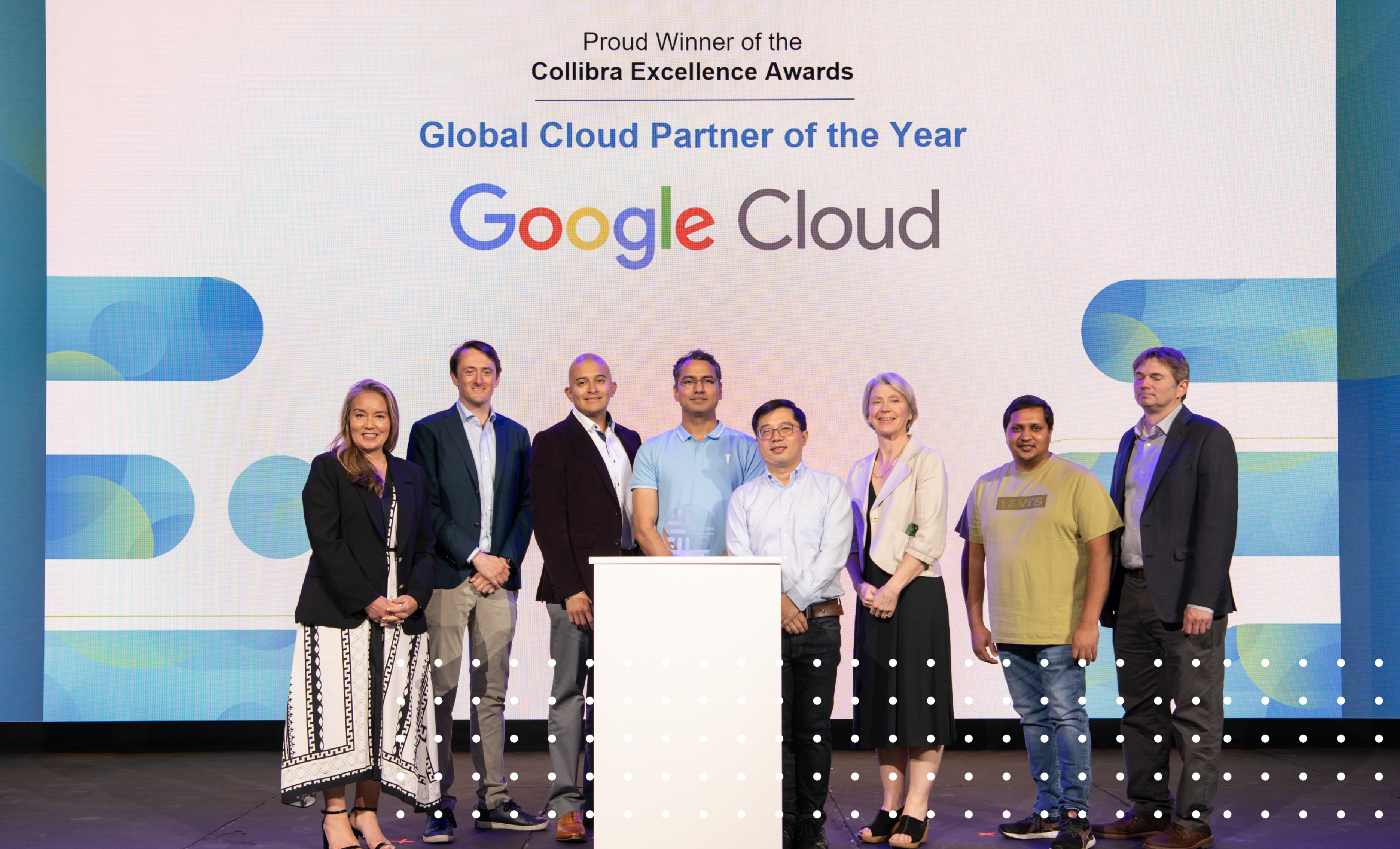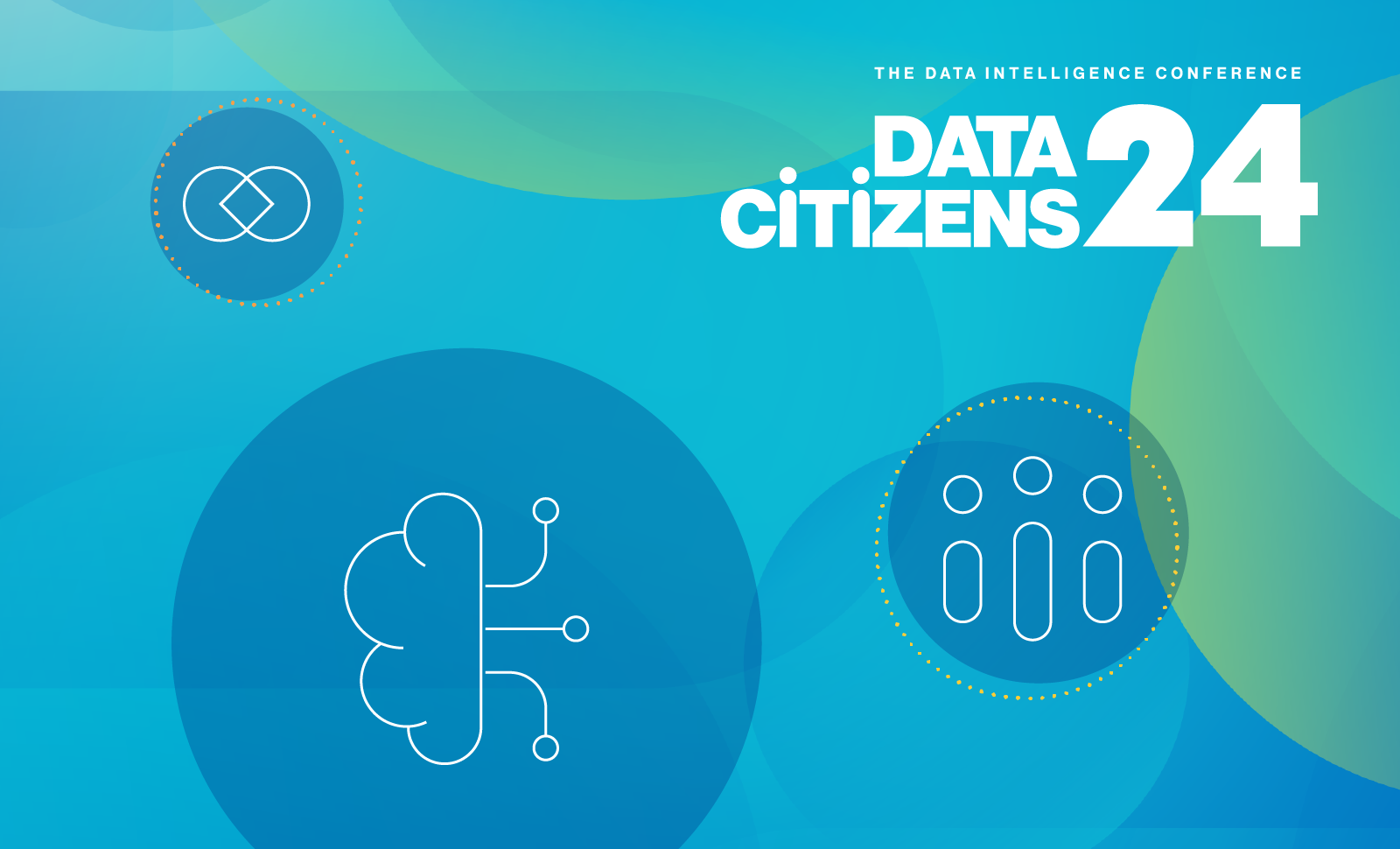class=”aligncenter size-full wp-image-8695″ src=”https://collibra.com/wp-content/uploads/Blog-NYMeetup-820×350.jpg” alt=”” width=”820″ height=”350″ />
Data ethics is a relatively new topic of conversation within most organizations, and so it’s essential to proactively engage the business in the development of a data culture. At the beginning of November, more than 50 industry leaders came together at Collibra’s NYC Data Citizens Meetup to discuss data ethics including the challenge of helping the business understand why having a data ethics approach is so critical.
The conversation was kicked off by a panel of leading women in data who discussed some of the key challenges facing organizations today when it comes to data, ethics, and the business. In a wide-ranging discussion, the panelists offered up five key pieces of advice for data professionals seeking to build a strong data culture, including:
- Take a proactive approach to data ethics – Often companies can find themselves focusing only on compliance with regulatory requirements; this can be a mistake. In the event of a data-focused problem, the organization could wind up reacting in a less-than-optimal way. Having good data ethics and data governance programs enables organizations to be proactive and more resilient.
- Understand the data journey – When thinking about how to treat data ethically, think through the entire journey the data will make. This includes, for example, the data governance framework, data application, model building, model validation, and model assignment. It’s important to consider issues such as data quality, data transparency, and data privacy through all of the stages data may go through.
- Explain the importance of good data to the business – Often the business needs educating on why issues such as data quality and data ethics are so important. Neither topic should be seen as something separate from the business. The business needs to be involved in setting policies and owning compliance. Make the connection between ethics, transparency, and what is important, such as delivering shareholder value and creating innovation uplift.
- Involve a wide range of stakeholders – In any new business project that involves using data, for example, a new retail-focused AI solution, it helps to have a variety of stakeholders considering data issues. A diverse group of people looking at potential data ethics issues in a project brings a wider variety of perspectives. A more 360-degree view of the client will increase the likelihood that any challenges will be flagged early on.
- Monitor data uses on an ongoing basis – It is not enough to just validate the use of data at the beginning of a project, the development of a model, or the creation of an AI solution. As business circumstances evolve, so too may the uses of the data. Check in regularly that both the data and the system that is using it are continuing to deliver value and are performing as expected.
The panelists agreed that getting data ethics and governance right is essential today. The reputational and financial damage from failing to do so can be significant. They urged audience members to think about these topics as a mindset, or culture, that should permeate the entire organization.
Collibra considers data ethics to be a very important topic of discussion. Getting data ethics right will require collaboration – not just across the data and technology industries but amongst all data citizens. Collibra plans to continue engaging with the entire community in this conversation over the months ahead. To stay involved until the next Data Citizens Meetup visit the Collibra Community page.




